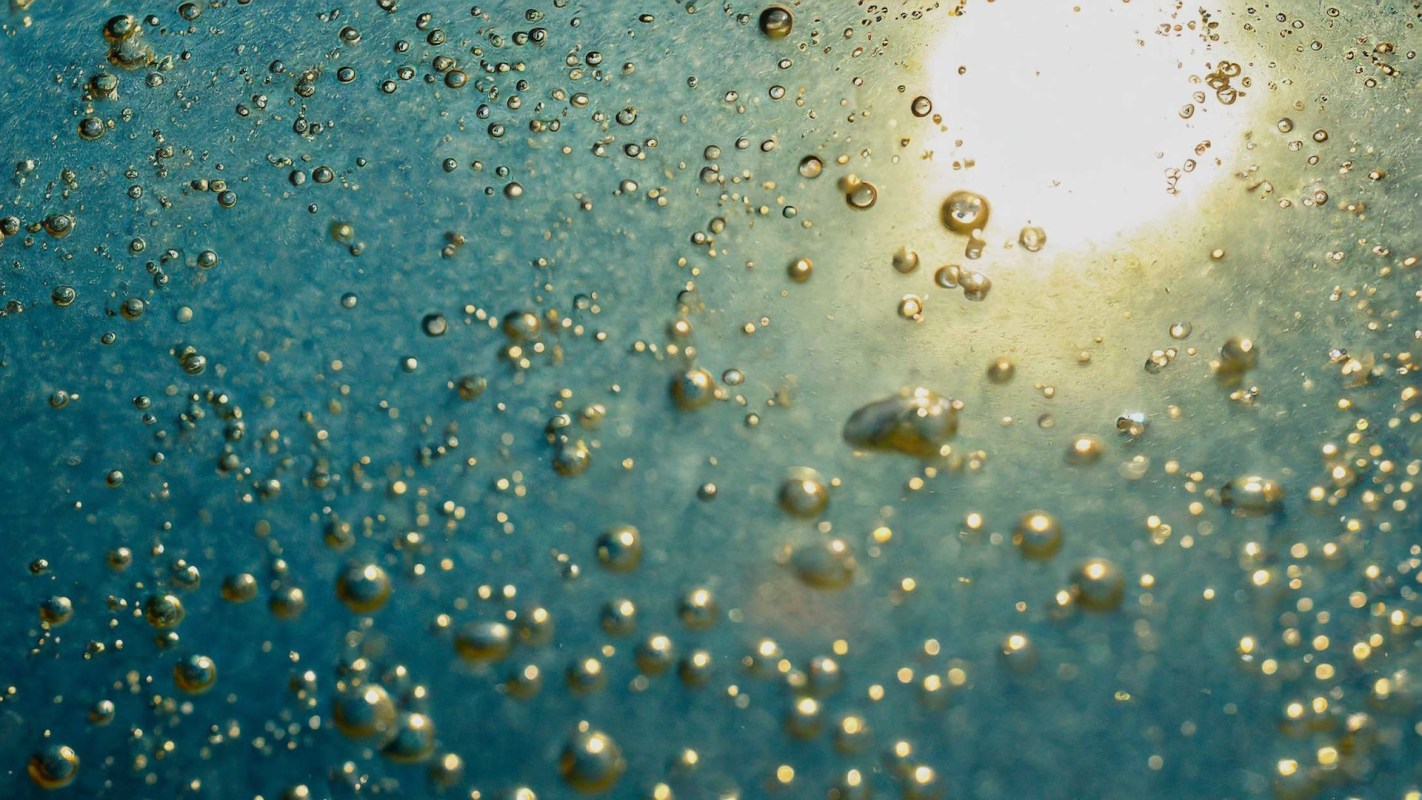Researchers at ETH Zurich, a university in Switzerland, are capturing air pollution in the dark and nullifying its planet-warming potential by exposing it to light.
The science could prove to be significant for efforts to capture pollution from the atmosphere, commonly called carbon capture tech. Another project underway with significant U.S. government backing is geared to vacuum pollutants from the air, for example.
The Zurich team claims its method will require much less energy and expense to pull off than other concepts.
"Our process doesn't need any heating, so it requires much less energy," research lead, Professor Maria Lukatskaya said in a lab summary.
It works by passing polluted air through a special solution containing "photoacids" in the dark. Photoacids are organic molecules that release protons when illuminated, according to ACS Publications. The alkaline liquid reacts with carbon dioxide in the air to form carbonates, separating them. That's when the experts shine light on the process, illuminating the liquid, which then turns acidic, transforming the carbonates into carbon dioxide. The pollution then bubbles to the surface in a cola-like scene, where it can be collected in tanks, all per the Zurich experts.
At the end of the process, the liquid is ready to start another round. The liquid is a special mix of water and an "organic solvent," which helped to solve some longevity problems. As a result, the photoacids are stable in the liquid for about a month, instead of a day. It also ensures a reversible process, per the lab report.
"Another interesting aspect of our system is that we can go from alkaline to acidic within seconds and back to alkaline within minutes. That lets us switch between carbon capture and release much more quickly," doctoral student and lead author Anna de Vries said.
The research is an interesting take on efforts to pull pollution from the air, dealing with it before it warms the planet. Another technique in the works elsewhere injects it into concrete, an industry widely reported to produce 8% of the world's air pollution.
The projects, be it vacuums, concrete injection, or cola-like bubble capturing, could help to curb planet overheating that threatens our health and food system. Repercussions from the latter concern could mean higher prices at the grocery store as droughts and heat waves plague agricultural production.
At Zurich, the photoacid technique is still in the early stages. The team is continuing to test the limits of the liquid before rolling the process out to wider application.
"If we want to slow down global warming, we need to drastically reduce greenhouse gas emissions," the Zurich lab summary states.
Join our free newsletter for weekly updates on the coolest innovations improving our lives and saving our planet.









